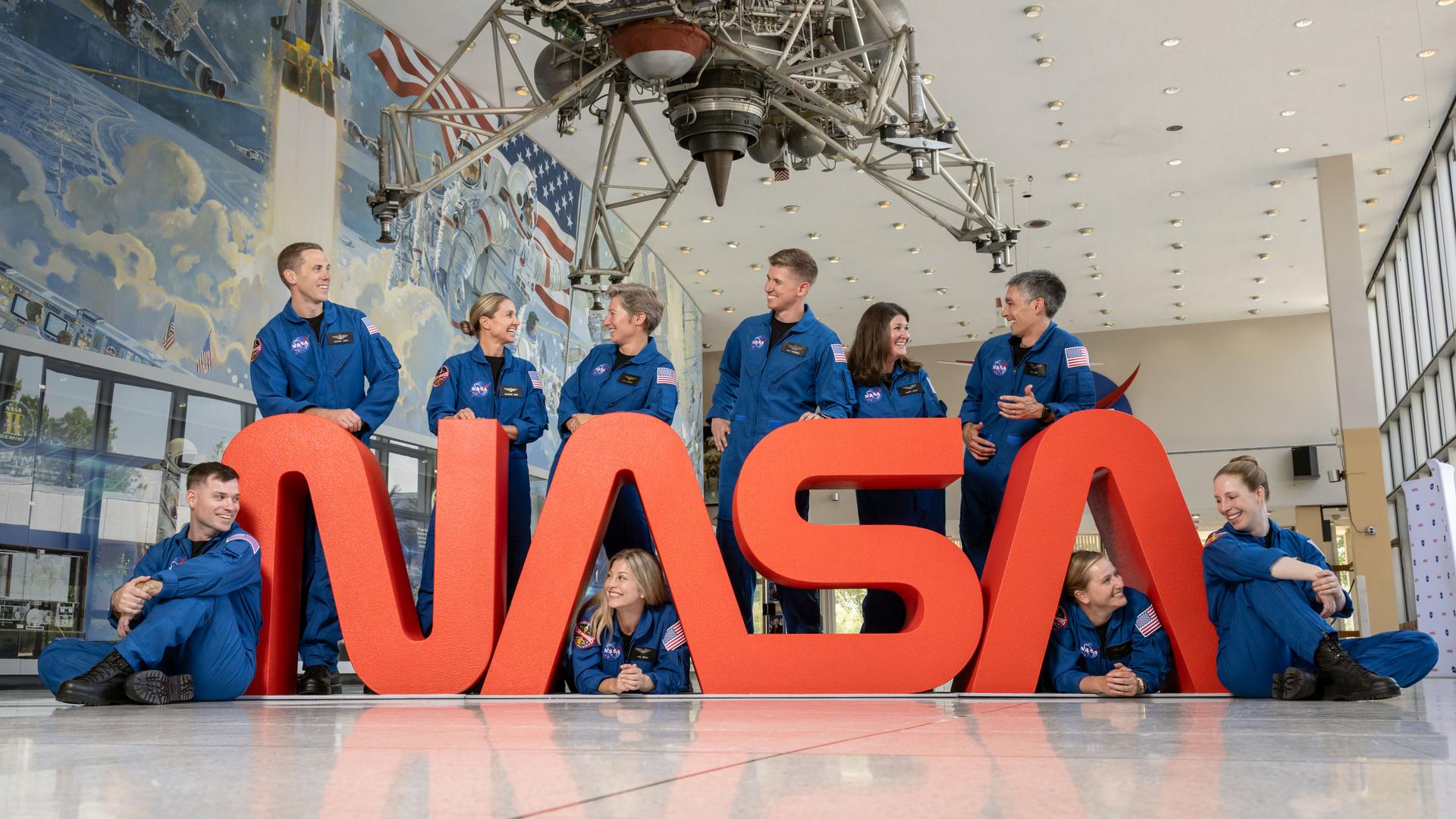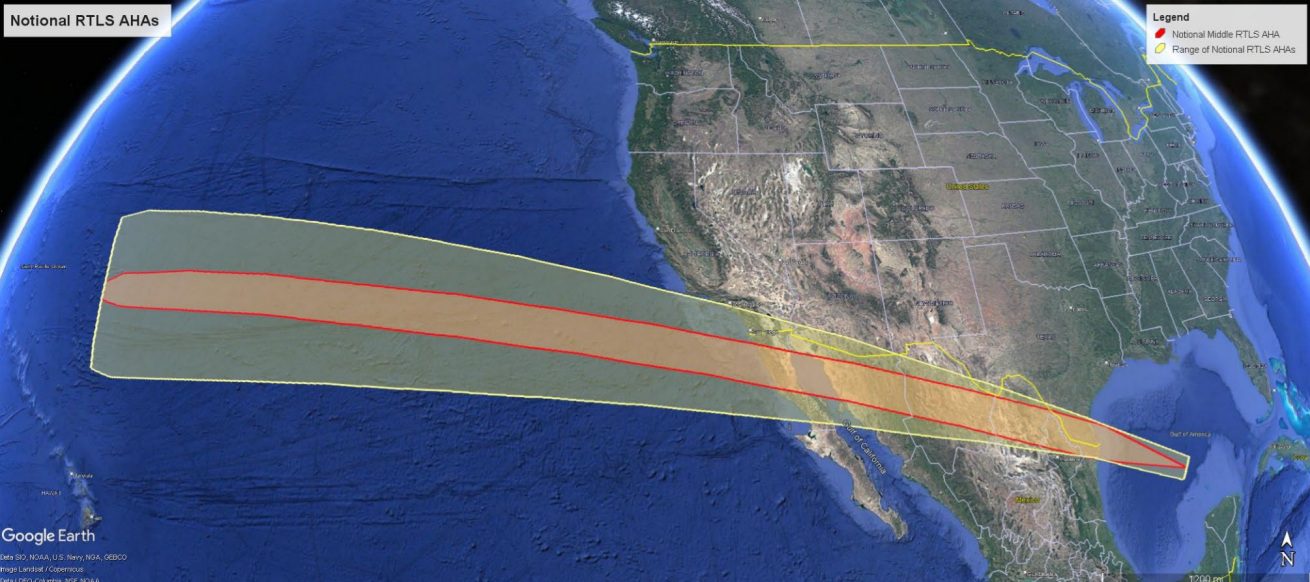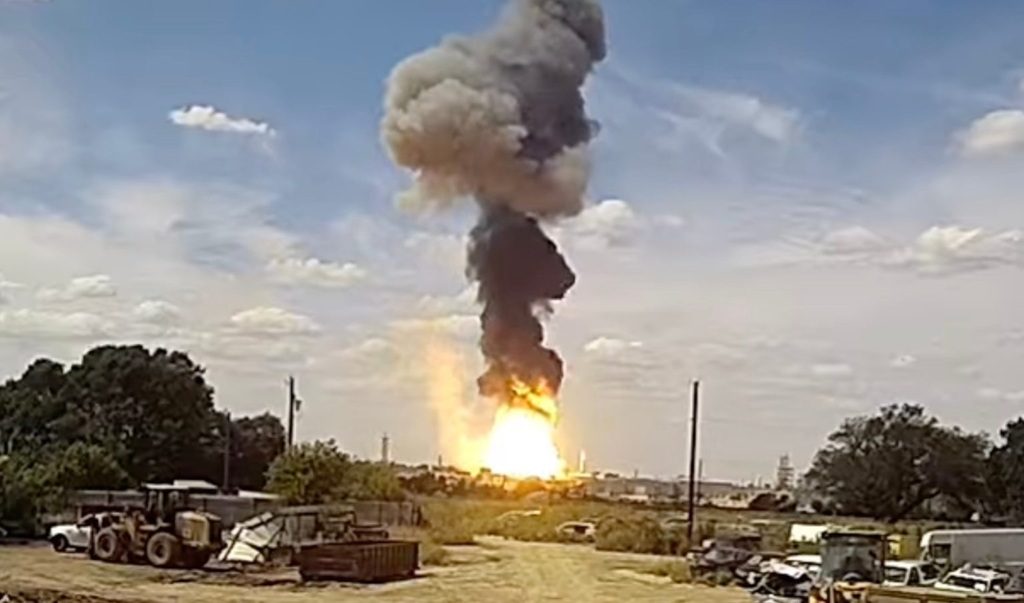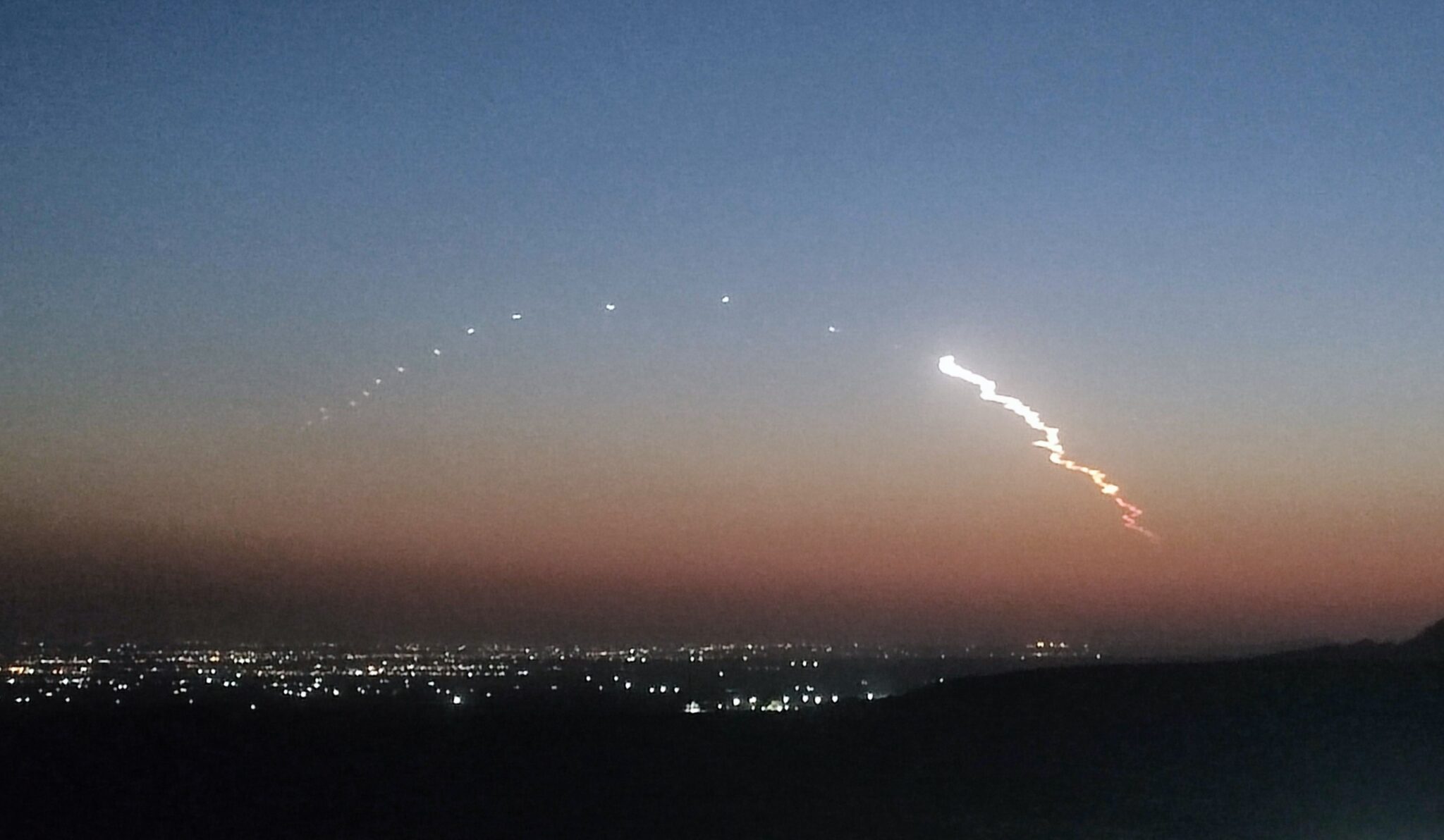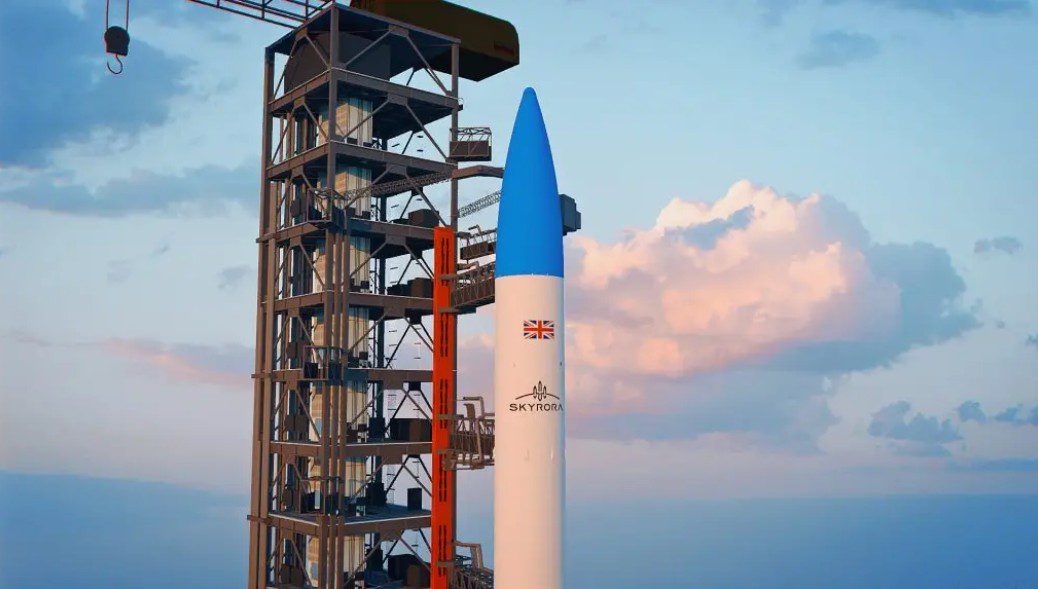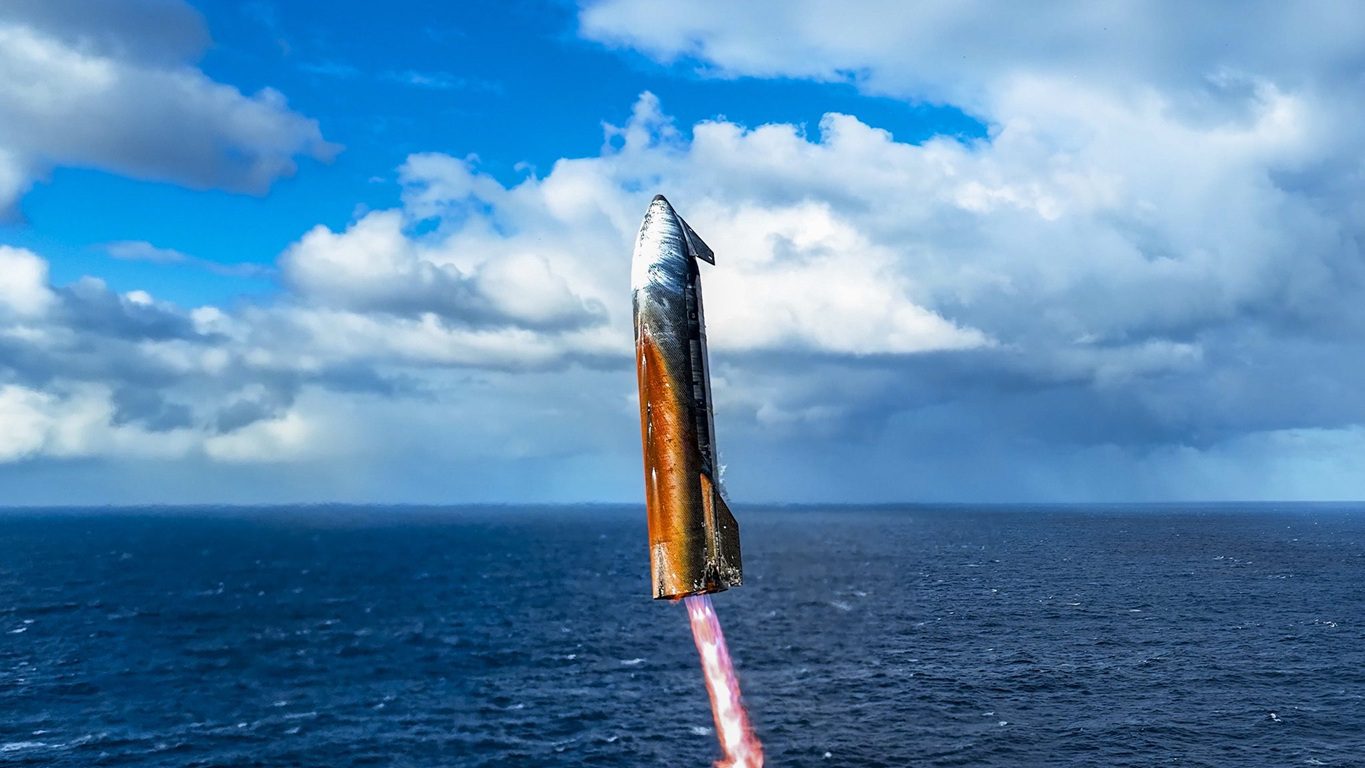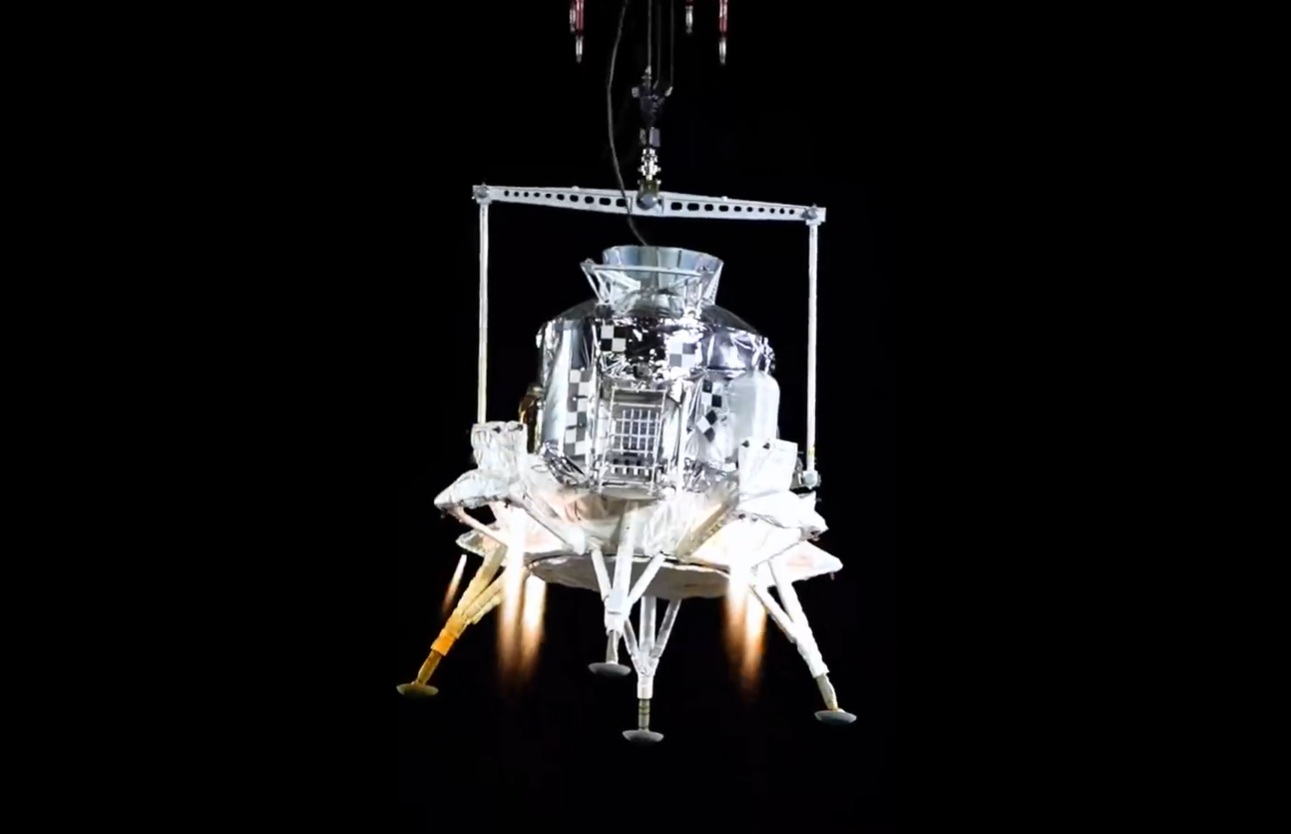Long-range missions to the planets are likely to grow some of their own food. This is not only to provide vitamins, fibre and nutrition while saving on consumables, but also to provide protection against the effects of space radiation. As well as being a carcinogenic risk, experiments at the University of California have found that space radiation also causes impaired brain function and even dementia. Perhaps India’s apparently prescient space programme was aware of the threat of its astronauts “going gaga” when it decided to call them “Gaganauts”.
With a view to this, experiments are taking place on Earth to try and cultivate fruit and vegetables using special growth systems including hydroponics (plants grown using just water based liquid nutrients). Specially designed-for-space crops grown to date include tomatoes and strawberries which high in anti-oxidants to counter the effects of space radiation.
It is not just on Earth that fruit and vegetable growth experiments are taking place. During August, astronauts on the International Space Station (ISS) tucked into some lettuce they just have grown themselves. Using a plant growth system called “Veggie” developed by the US firm, Orbital Technologies Corp. (ORBITEC), leaves of red romaine lettuce were grown from seed in an experiment lasting just over month. The system used LED lights for illumination and growing beds employing a specially designed irrigation system.
The astronauts reportedly enjoyed sampling the lettuce with the only downside being that they had to use citric acid wipes on the leaves in lieu of conventional washing.
Comment by David Todd: So with lettuce and likely tomatoes ready likely to be ready for space use, all that is needed now for that BLT (Bacon, Lettuce and Tomato) sandwich favourite, is some bread, some mayonnaise, and a hydroponically grown pig. 🙂
As this column has noted before, there is one other problem to growing fresh fruit and veg in space: certain fruits such as strawberries make humans prone to becoming sexually aroused (in a normal manner and not in a funny direction as is the urban myth). This is not something you would necessarily want on a space ship especially given the close quarters experienced by the crew. Turn around too quickly and a crew member could have someone’s eye out. 🙂

